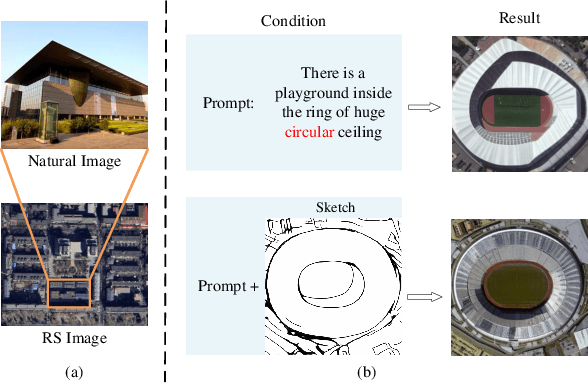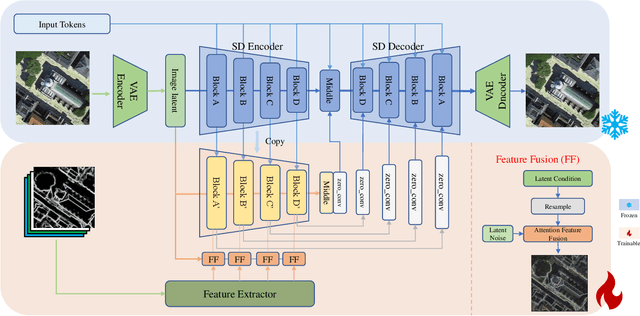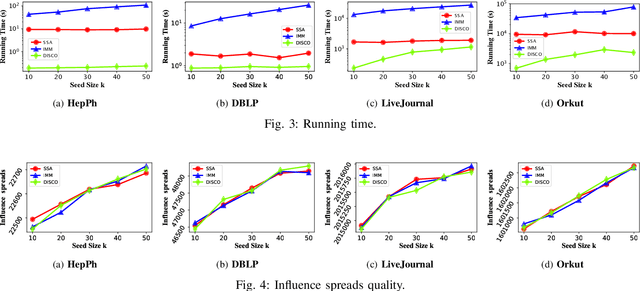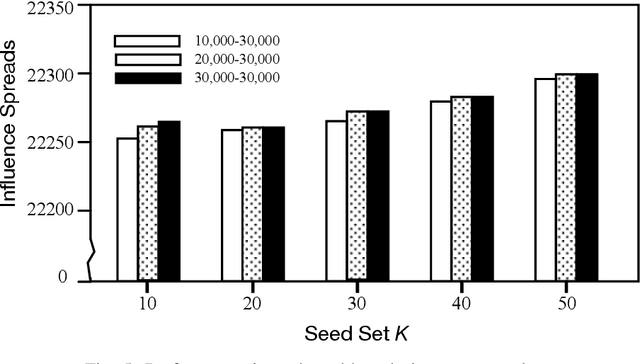Zhongyuan Jiang
CRS-Diff: Controllable Generative Remote Sensing Foundation Model
Mar 25, 2024



Abstract:The emergence of diffusion models has revolutionized the field of image generation, providing new methods for creating high-quality, high-resolution images across various applications. However, the potential of these models for generating domain-specific images, particularly remote sensing (RS) images, remains largely untapped. RS images that are notable for their high resolution, extensive coverage, and rich information content, bring new challenges that general diffusion models may not adequately address. This paper proposes CRS-Diff, a pioneering diffusion modeling framework specifically tailored for generating remote sensing imagery, leveraging the inherent advantages of diffusion models while integrating advanced control mechanisms to ensure that the imagery is not only visually clear but also enriched with geographic and temporal information. The model integrates global and local control inputs, enabling precise combinations of generation conditions to refine the generation process. A comprehensive evaluation of CRS-Diff has demonstrated its superior capability to generate RS imagery both in a single condition and multiple conditions compared with previous methods in terms of image quality and diversity.
DISCO: Influence Maximization Meets Network Embedding and Deep Learning
Jun 18, 2019



Abstract:Since its introduction in 2003, the influence maximization (IM) problem has drawn significant research attention in the literature. The aim of IM is to select a set of k users who can influence the most individuals in the social network. The problem is proven to be NP-hard. A large number of approximate algorithms have been proposed to address this problem. The state-of-the-art algorithms estimate the expected influence of nodes based on sampled diffusion paths. As the number of required samples have been recently proven to be lower bounded by a particular threshold that presets tradeoff between the accuracy and efficiency, the result quality of these traditional solutions is hard to be further improved without sacrificing efficiency. In this paper, we present an orthogonal and novel paradigm to address the IM problem by leveraging deep learning models to estimate the expected influence. Specifically, we present a novel framework called DISCO that incorporates network embedding and deep reinforcement learning techniques to address this problem. Experimental study on real-world networks demonstrates that DISCO achieves the best performance w.r.t efficiency and influence spread quality compared to state-of-the-art classical solutions. Besides, we also show that the learning model exhibits good generality.
 Add to Chrome
Add to Chrome Add to Firefox
Add to Firefox Add to Edge
Add to Edge